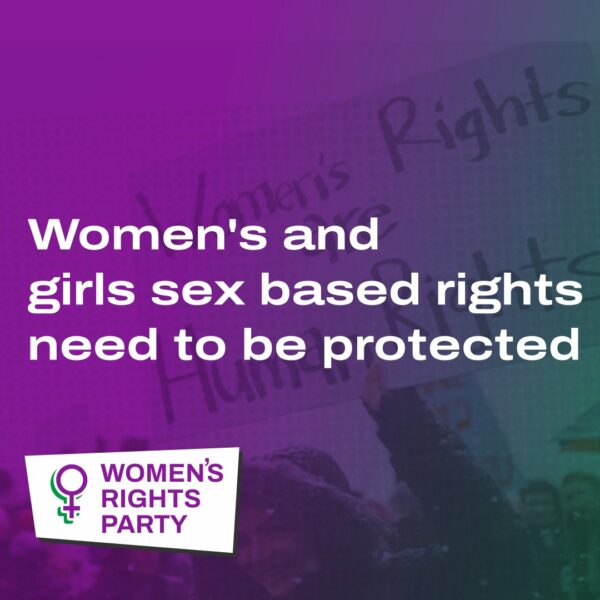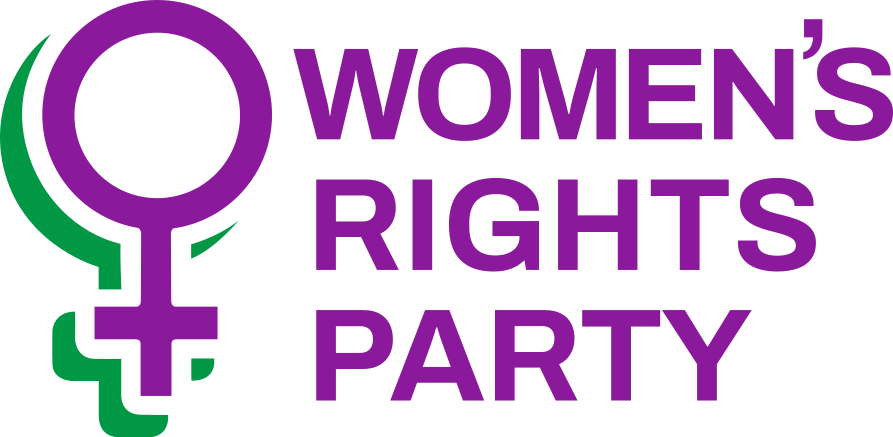Changes to the Births, Deaths, Marriages, Relationships and Registrations Act 2021 take effect today, 15 June.

The changes allowing self sex-ID on birth certificates followed a relatively uncontroversial Bill to modernise registration of births, deaths and marriages introduced in 2017, but during the Select Committee process at the time, significant amendments were made to altering the sex recorded on birth certificates.
There was already a process for those wishing to change their sex on their birth certificate requiring application to the Family Court and providing supporting evidence of medical treatment to acquire physical confirmation of their nominated sex.
The new law allows people to change their sex on their birth certificate with a simple declaration requiring no need for medical treatment or even social transition.
The new law inserts “gender” in relation to a person’s nominated sex on their birth certificate and the Women’s Rights Party says the conflation of sex and gender can undermine sex-based rights guaranteed in the Human Rights Act 1993 , including rights to protected spaces for reasons of safety and privacy.
Women’s Rights Party National Secretary Jill Ovens says the ease at which individuals can change the sex on their birth certificate encourages a belief that men can enter women’s spaces without being challenged.
This belief has influenced local body Councils’ and other organisational policies on women-only facilities and services, despite provisions that existing policies do not need to be revised as a result of the changes to the Act.
The Women’s Rights Party says gender is an imprecise concept that refers to sex-based stereotypes and social expectations, for example what is considered feminine and masculine. Gender identity and expression refer to the identification with, and expression of these stereotypes.
“Women’s and girls’ sex-based rights as biological females need to be protected in policy and law, and this should be given precedence over any provisions based on concepts of gender,” Ms Ovens says.
She says that if birth certificates include provisions for a “nominated sex”, it needs to be clear that this is the individual’s preferred sex and not biological sex. Clear and accessible records must be kept of any changes to the birth certificate, and this information must also be recorded on the certificate itself.
Sex is a fundamental democratic and explanatory variable, and a powerful predictor of almost every dimension of social life, economic status, and health outcomes.
Further, the Women’s Rights Party says that children under 18 should not have a “nominated sex” on their birth certificate, and the only permitted changes to a child’s recorded sex on the birth certificate should be if the original sex on the birth certificate was incorrect, for example, in the rare instance of a child born with indeterminate sex (DSD, commonly known as “intersex”).
